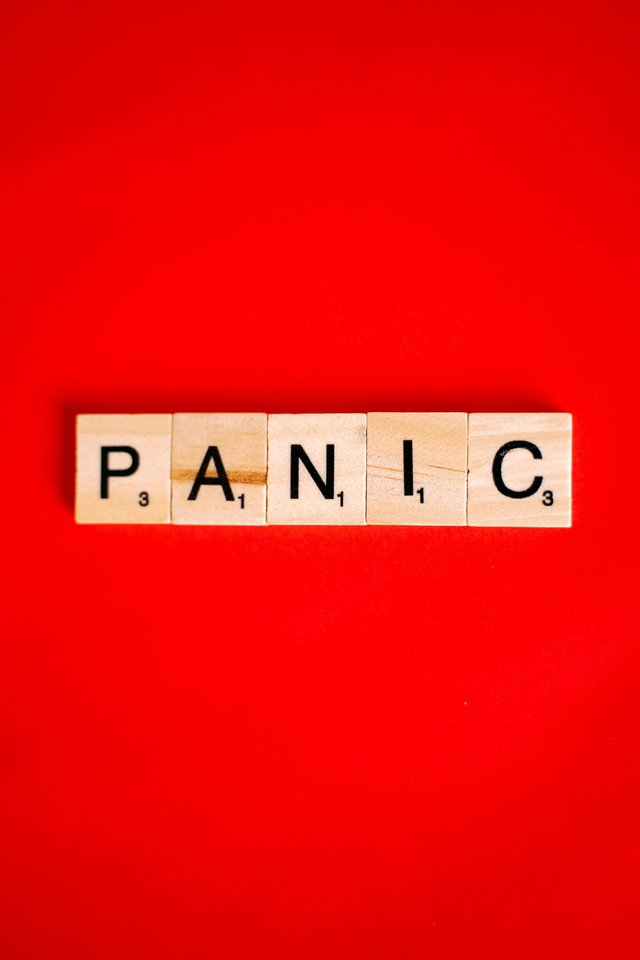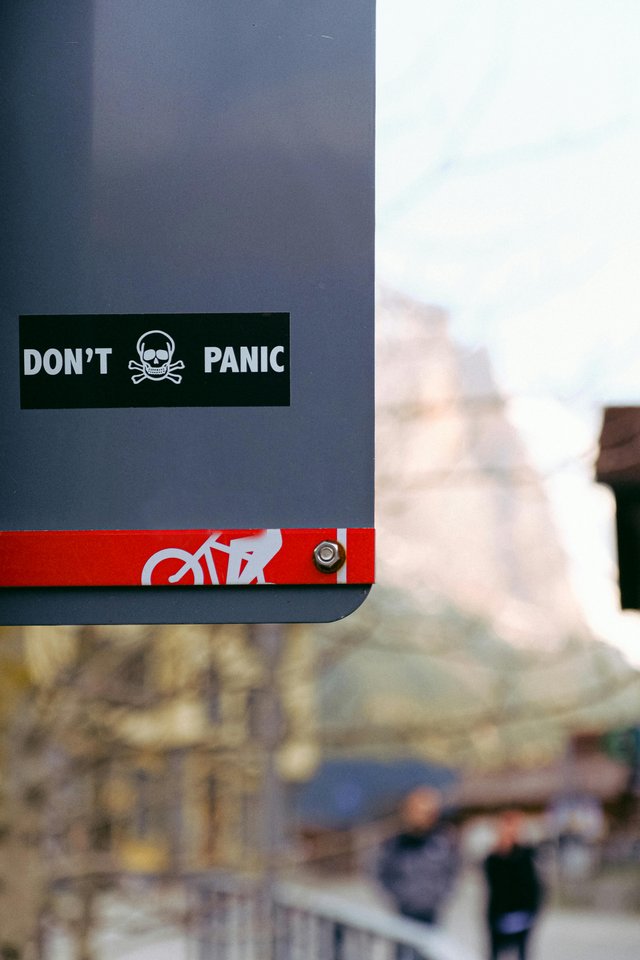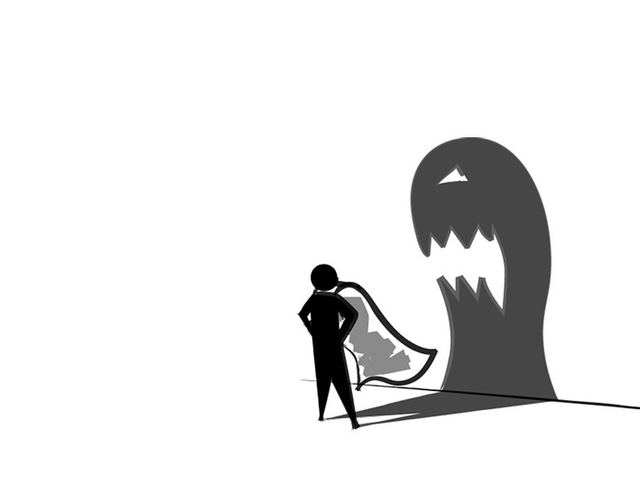Panic. The word itself evokes a surge of adrenaline, a tightening in the chest, a frantic scramble for breath. It's a primal response, wired into our nervous system since the days we huddled in caves, wary of sabretooth tigers and sudden cave-ins. But in our modern world, panic attacks can feel anything but natural. They can strike in the middle of a grocery store, during a work presentation, or even while curled up in bed.

(source[https://www.pexels.com/photo/scrabbled-tiles-on-red-surface-6136091/])
The history of panic goes back a long way. Ancient Greek physicians described symptoms similar to panic attacks, attributing them to imbalances in bodily fluids. In the Middle Ages, they were believed to be demonic possession. Thankfully, our understanding has evolved. Today, we know panic attacks are a physiological response to perceived threats, often triggered by underlying anxiety or stress.
But knowing the "why" doesn't always soothe the "what now." When a panic attack hits, it can feel like you're drowning in a sea of fear. Your heart races, your breath shallows, and the world shrinks to a pinpoint of overwhelming terror. It's tempting to give in, to let the panic consume you. But here's the thing: you're not powerless. You can ride the wave, not drown in it.

[source(https://www.pexels.com/photo/don-t-panic-sticker-on-signage-3962262/)]
The first step? Acknowledge it. Don't fight the panic, don't judge yourself for having it. Simply recognize it for what it is – a temporary surge of your body's fight-or-flight response. It's unpleasant, yes, but not inherently dangerous.
Next, focus on your breath. Shallow, rapid breathing fuels panic. Instead, try slow, deep breaths from your diaphragm. Breathe in for a count of four, hold for a count of two, exhale for a count of six. Repeat until your breathing starts to slow and become more regular.
Ground yourself in the present. Look around you and name five things you can see, four things you can touch, three things you can hear, two things you can smell, and one thing you can taste. This simple act of mindfulness brings you back to the present moment and helps to break the cycle of fear.
Finally, remind yourself that panic attacks are temporary. They may feel like they'll last forever, but they peak within a few minutes and then gradually subside. Knowing this can be incredibly calming.

[source(https://same.energy/i/cc.ygUX)]
Of course, if panic attacks are a frequent occurrence, impacting your daily life, it's crucial to seek professional help. A therapist can teach you coping mechanisms and explore any underlying anxiety that might be contributing to the attacks.
Remember, you're not alone in this. Millions of people experience panic attacks. But with awareness, self-compassion, and a few simple techniques, you can learn to ride the wave of panic and emerge stronger on the other side.
Device - Moto G60
location India
I'D @adilkhan007
Thank you all for reading my post
I like to invite my friends @abdul-rakib @sinthiyadisha @nushrat @rahul.mishra
https://x.com/aadiljkhan51/status/1807684462433452441
Downvoting a post can decrease pending rewards and make it less visible. Common reasons:
Submit
I wonder about the story/tale or a poem you would share about this toouc. 🤔
Downvoting a post can decrease pending rewards and make it less visible. Common reasons:
Submit
Me parece muy valiosa y acertada toda la información que plasmas en esta publicación.
Saludos desde Venezuela.
Downvoting a post can decrease pending rewards and make it less visible. Common reasons:
Submit